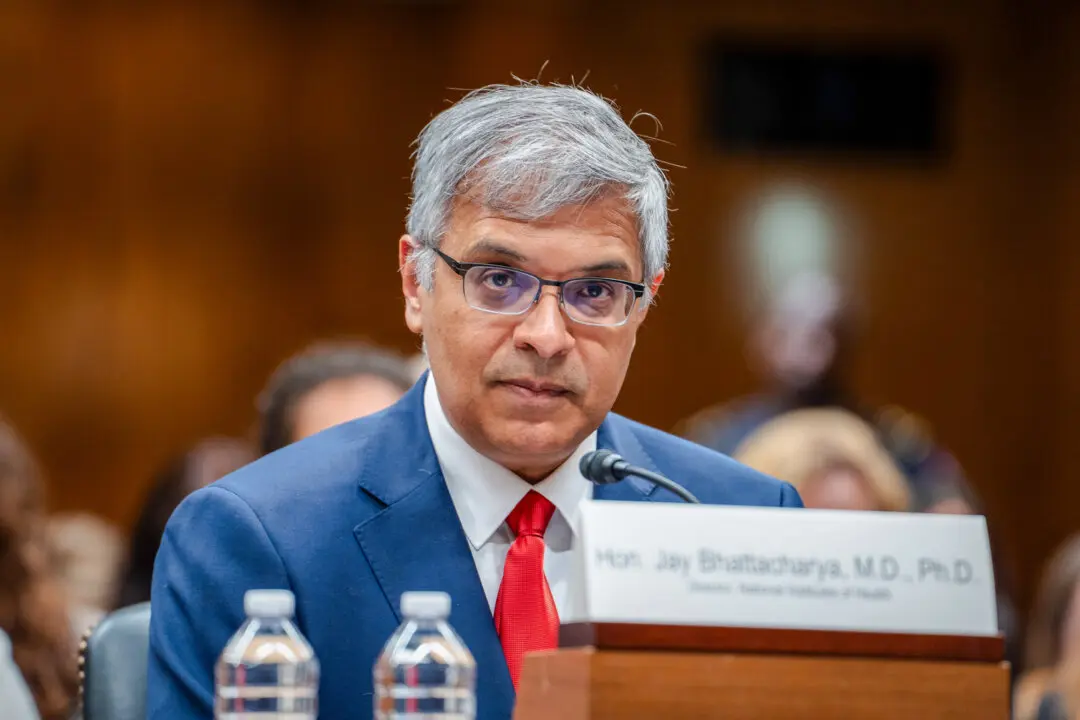The University of California–Irvine (UCI) says it’s found a way to reduce COVID-19 related hospitalizations, and the strategy is so effective that a federal virus response team has tapped it as a model.
UCI is using monoclonal antibodies (antibodies developed in a laboratory) to help lessen virus symptoms for those who tested positive for COVID-19. Its medical team has treated about 170 patients with the antibody therapy with great success, said Dr. Alpesh N. Amin.





